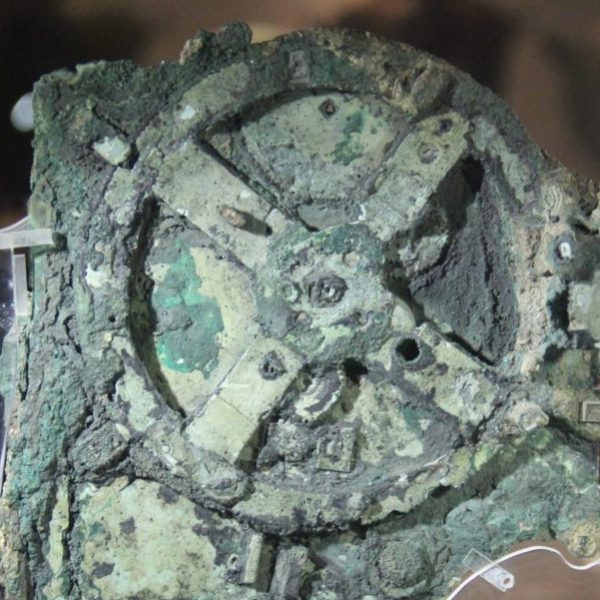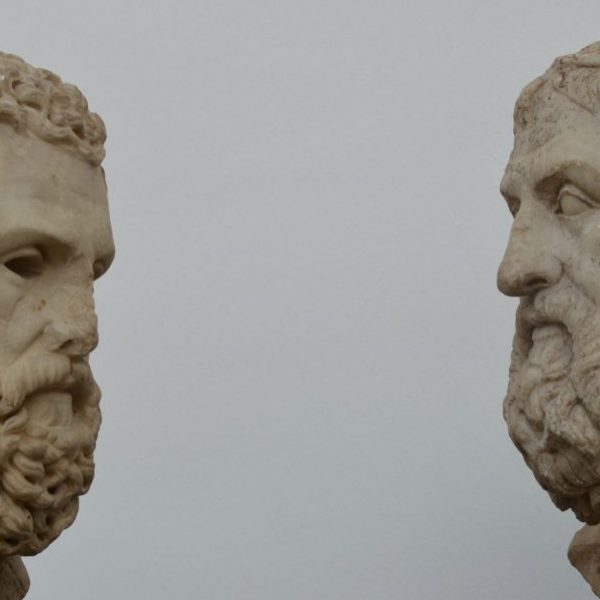Creating Life Stories from the Oracular
“Shall I receive the gift?”
“Shall I be reconciled with my son?”
“Shall I be poisoned?”
 These questions were all found in an oracle book created in the late third century B.C., as part of an exhaustive numbered list of queries one might pose. Their answers could be found by following a complicated set of instructions involving the addition and subtraction of numbers and the consulting of related lists, but in his book The Ancient Oracles: Making the Gods Speak, Richard Stoneman explains that this is only one of the many ways in which classical civilizations looked for guidance from the gods. Other oracles communicated in riddles, some predictions were received via ghosts, and still others were determined by the roll of the dice.
These questions were all found in an oracle book created in the late third century B.C., as part of an exhaustive numbered list of queries one might pose. Their answers could be found by following a complicated set of instructions involving the addition and subtraction of numbers and the consulting of related lists, but in his book The Ancient Oracles: Making the Gods Speak, Richard Stoneman explains that this is only one of the many ways in which classical civilizations looked for guidance from the gods. Other oracles communicated in riddles, some predictions were received via ghosts, and still others were determined by the roll of the dice.
Following his book on Alexander the Great, a man much invested in such oracular traditions, Stoneman draws on the oracles found in classical literature, history, and philosophy, along with stone inscriptions and scholarly collections, to create a detailed history of the topic. Stoneman proposes we leave aside arguments about the validity of the oracles’ pronouncements and the religions with which they were intertwined, and instead, look at oracles not as either “revelations or misguided foolishness, but as ways of dealing with a problem,” arguing that the study of ancient oracles can tell us something about ancient minds.
In descriptions that allow the reader to imagine the anxieties and exhilaration of classical peoples faced with oracular predictions and advice, Stoneman gives the reader insight into a world in which oracles guided political and personal decisions. Indeed, he points out that, up to the introduction of Christianity and even for some time after that, the truth of oracles was rarely questioned. “People want their lives to become stories, not to be random and uncontrollable,” Stoneman writes. Stories, complete with meaningful narratives, is what the ancient oracles offered, and the story of those oracles and the people who consulted them is what Stoneman offers us in The Ancient Oracles as well.

























